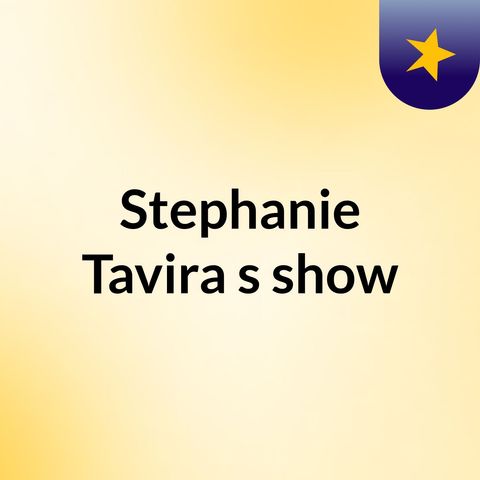Chapter 20

Nov 30, 2018 ·
5m 12s
Continuing on what we discussed in the last chapter, sociolinguistic variation can also be associated with cultural differences. The book defines culture as the ideas and assumptions about the nature...
show more
Continuing on what we discussed in the last chapter, sociolinguistic variation can also be associated with cultural differences. The book defines culture as the ideas and assumptions about the nature of things and people that we learn when we become members of social groups. Culture can be defined as socially acquired knowledge. We acquire this similar to how we acquire our first language, which is to say without conscious awareness. In order to develop words, we must have a system that includes people, things, and ideas as distinct and identifiable categories. A category is a group with certain features in common. Every vocabulary we learn can be thought of as category labels, which are used to label or refer to concepts that people in our culture talked about.While it would be easy to believe there is a fixed relationship between words we’ve learned and the external reality, external reality varies to some extent. For example, some languages may have various words for types of rain while other languages may have only one or two. These words are then being lexicalized in that particular language, which means to be expressed as single word. The greatest example of this would be kinship terms. Kinship terms are words used to refer to people who are members of the same family. Every language consists of kinship terms, but they are not always categorized in the same way. For example, in English, we use the term uncle to refer to a parent’s brother, whether it be maternal or paternal. However, in Papua New Guinea, there are two different words to refer to an uncle depending on whether they are maternal or paternal. Another example is that in Norwegia, the distinction between a paternal and maternal grandmother is lexicalized, whereas grandmother is used for both in English. We also have time concepts, which is when we have words for units of time even though time is something abstract. Despite this, we think of time in amounts and use noun phrases to describe it. This is evidenced by saying two hours, similar to the way we describe people or things. These differences evidenced in external reality are referred to as linguistic relativity. At its base, this is the idea that we not only talk but also think about the world using the categories provided in out language. On a much wider scale, it is the idea that language determines thought. This is referred to as linguistic determination. If this were true and language did determine though, then we would be limited to only being able to think with the categories provided by our language. The book uses the example that we would see white stuff and label it snow, whereas an Eskimos will see it and see many different things since they have lots of different words for snow. There also exists social categories, which are categories of social organization that we can use to say how we are connected or related to others. This marks individuals as members of a group defined by social connections. The way people choose to address one another is referred to as address terms. There are different ways to address certain individuals, depending on the closeness of your relationship. For example, one would not usually refer to a stranger in familiar terms unless they were trying to create familiarity in order to then create solidarity. Gender is also used in languages, especially in languages such as Spanish. In Spanish, nouns can either be masculine or feminine. Even in the English language, there are some words that are either masculine or feminine, for example the word latino or latina. However, the addition of the new word latinx to refer to a latin individual that can be either male, female, or nonbinary breaks down the use of gender in that specific word.
show less
Information
| Author | Stephanie Tavira |
| Website | - |
| Tags |
Copyright 2024 - Spreaker Inc. an iHeartMedia Company
